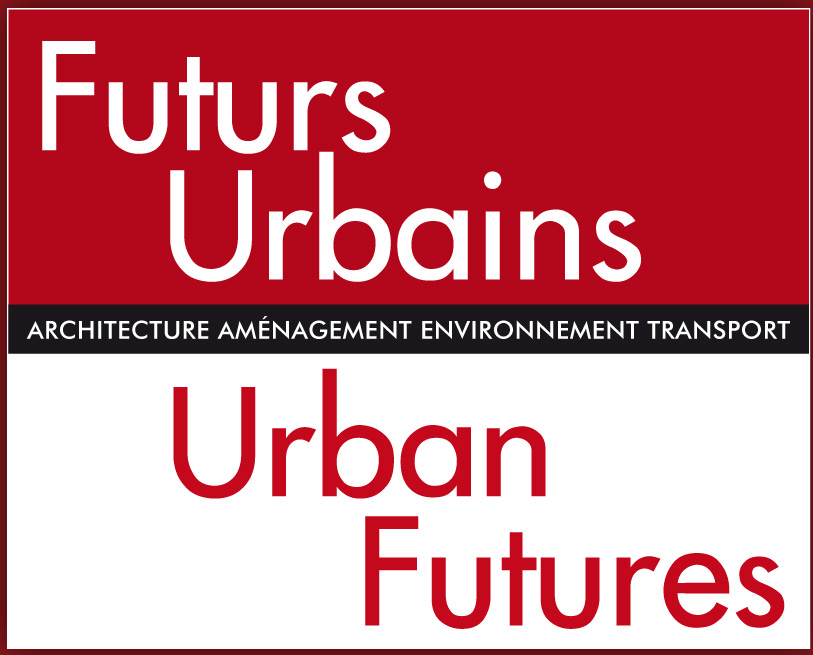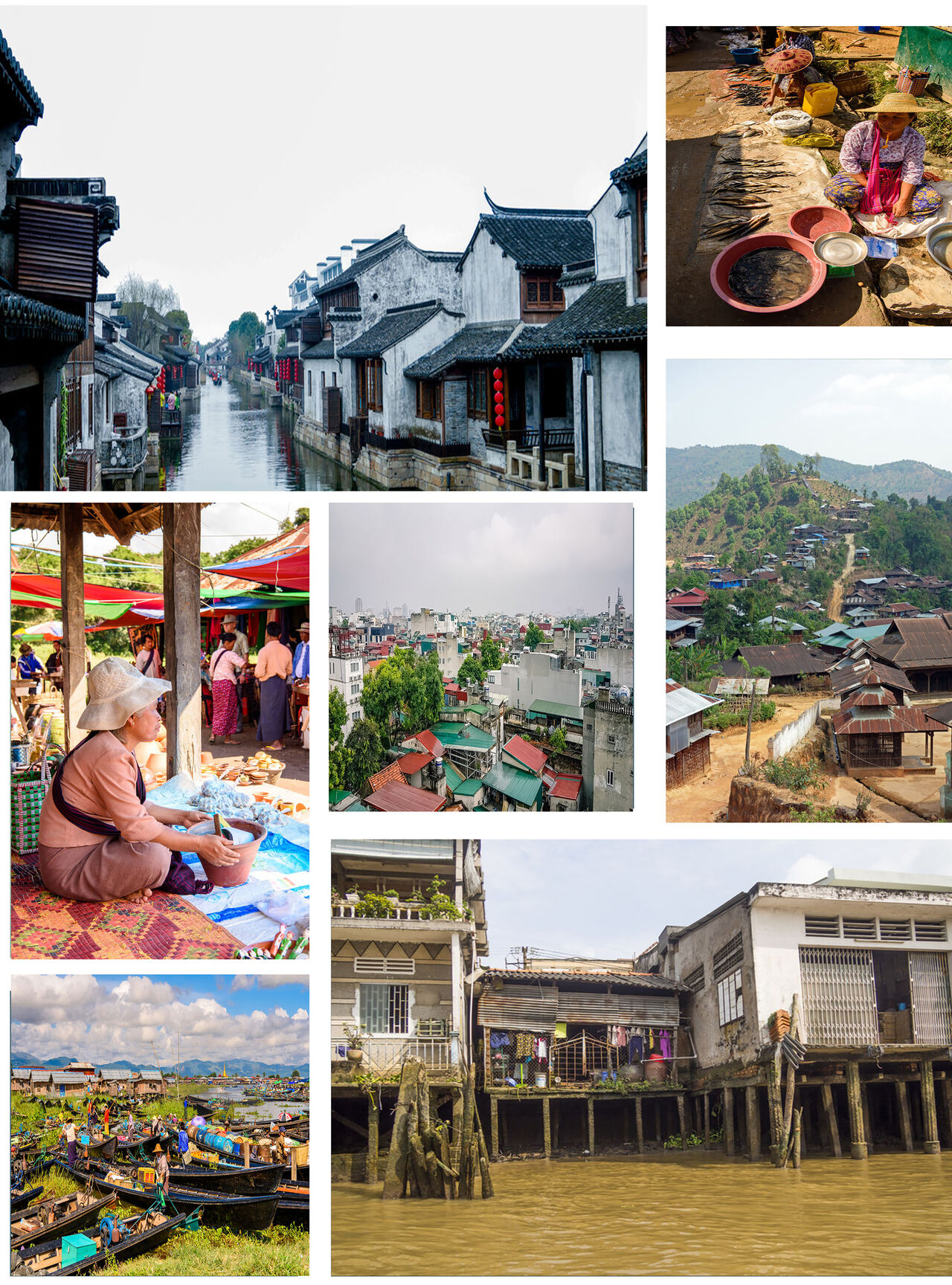While there is no shortage of case studies in scientific research, the bulk of these use the conceptual and theoritical frameworks that have developed for the geographical area in which they are located. Indeed, approaches are often extremely segmented between research into land use patterns (and then into its different variants, i.e., residential, industrial and commercial land use, etc...) and practices, lifestyles, urban forms and governance of these spaces. However, the network seeks to forge multi-disciplinary and international comparaisons (which are still relatively rare, with the notable exception of comparisons between Europe and North America) which analyse the manner in which specific geo-cultural contexts "territorialise" these urbanisation processes and pave the way for new methods of understanding them. In doing so, we place our investigations firmly in the field of comparative and relational urbanism which aims to decompartmentalise scientific knowledge between Northern and Southern cities and produce "de-westernized" urban theories. We plan to challenge conceptual and theoritical frameworks that deal with "scattered urbanisation" and to at least try to deconstruct them in light of our comparisons.


